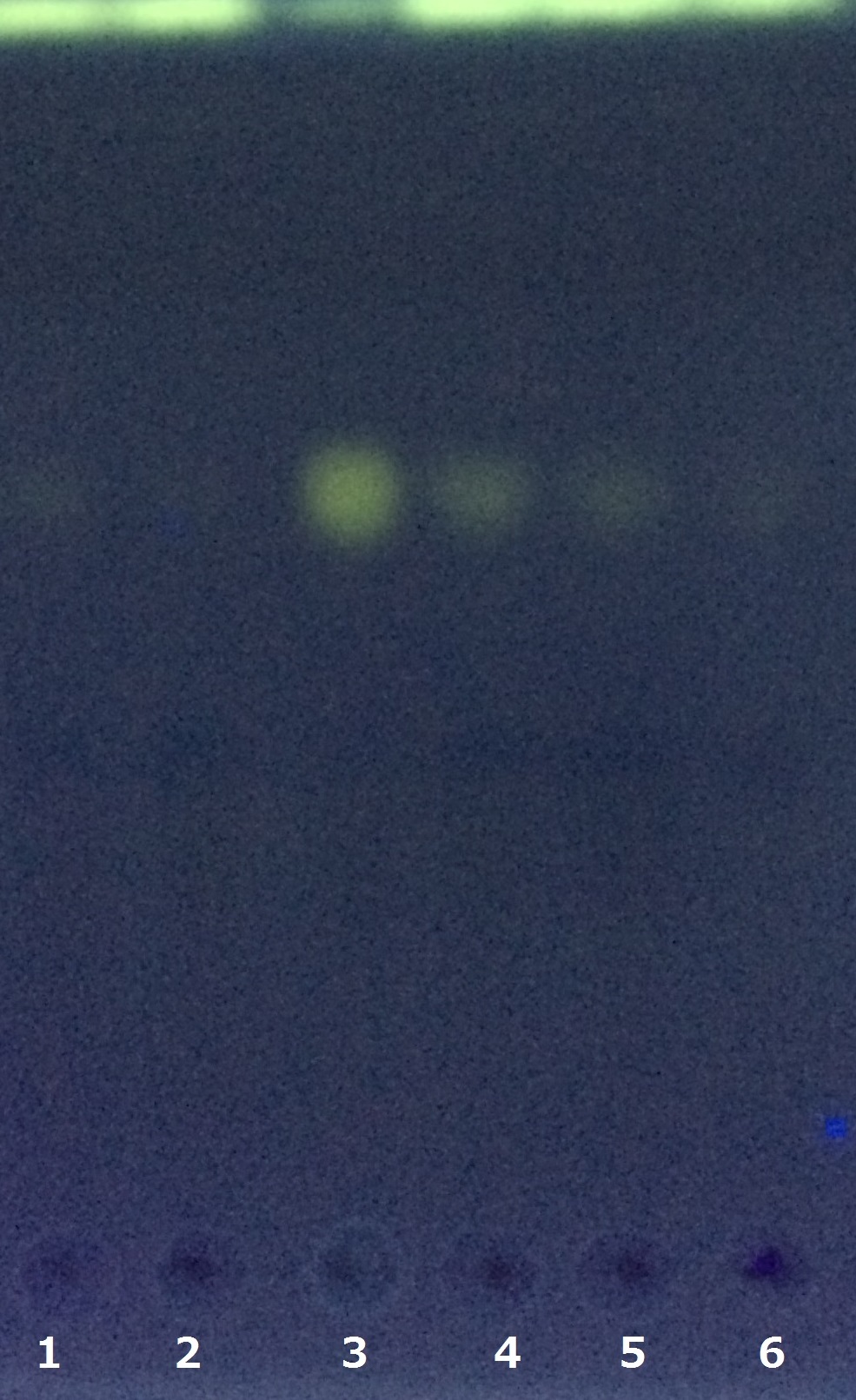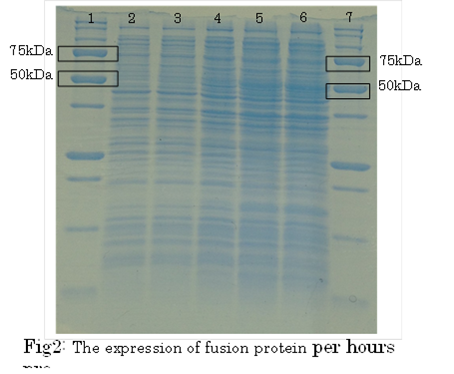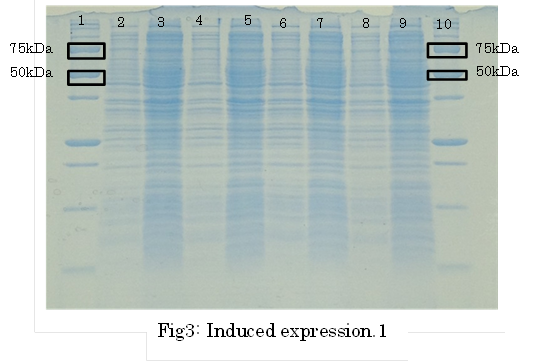Team:Nagahama project
From 2014.igem.org
|
||||||||||||||
|
What is our project at 2014? Cadmium is one of harmful materials for us. 50 years ago, itai-iati disease was going around in center of Japan Gihu. The cause was industrial wastewater. Cadmium contained the water. Our project is to find a way to clean contaminated with Cadmium. we think how to clean the water. We use E.coli. Concretely, we use two kinds of E.coli. One catches Cadmium. the Other makes to all E.coli to use chemoattractant. Catches E.coli displays metallothionein (metallothionein is a protein that combines a heavy metal. Cadomium is one kind of heavy metal). Other is releasing Asp (Asp is one kind of chemoattractant. All E.coli is close to the Asp E.coli). To use these E.coli. Finally cadomiun is catched(wastewater is be clean). What experiment we did?
MethodAspartate synthesis
E.coli K12 transformed with CdP-R.B.S-AspA-d.Ter (BBa_K1342001) previous cultured with cadmium in LB medium (250μM) in 37℃ for 12hr at 120rpm. Adjust Cell mass (OD1.0) and therefor centrifuged 4000rpm for 20 min. Cell pellets ware activated in synthesis medium in 37℃ for 2hr at 120rpm/min.
TLC
7mg/mL 5-(Dimethylamino) naphthalene-1-sulfonyl Chloride (in Acetone); (DNS)
Chemotaxis Assay Using Capillary Chemotaxis of a bacterium such as E.coli is assayed by measuring the number of organisms attracted into a capillary tube containing an attractant. Protocol Preculture JM109 using tripton broth (Incubate 50rpm/min 30℃ 12hr) Check motility under the microscope.Diluting the E.coli culture 100 times. (tripton broth:E.coli culture=20mL:200㎕)Incubate 50rpm/min 30℃ (until log phase)500㎕ into two tubes.Centrifuge two tubes in low speed. (25℃ 10min in 3400G)Throw away the clear top of liquid.Add wash medium(500㎕)Resuspending pellets softlyDo 5~9 againAdd chemotaxis medium(500㎕)Resuspending pellets softly.Check motility under the microscope.E.coli chemotaxis medium into chamber preparation(100㎕)Prepare the positive and negative control capillary.(1㎕ of 10mM aspartate chemotaxis medium and chemotaxis medium into capillary.)Two capillary into chamber preparation.90mim 30℃ incubationDilute the chemotaxis buffer in capillary`s liquid 100 times.Prating to LBmedium.37℃ 12h incubation.Counting the colony.Finish
Result
Analysis of aspartate from strain E.coli K-12/BBa_K1342001 by thin-layer chromatography (TLC) Lane: 1, not addition cadmium to previous culture of synthesis medium (diluted 1:50 by synthesis medium) 2, (diluted 1:100 by synthesis medium) 3, add cadmium (250μM) 4, (diluted 1:50 by synthesis medium) 5, (diluted 1:100 by synthesis medium) 6, (diluted 1:200 by synthesis medium)
SDS PAGE
1. marker 2. 0hr 3. 0.5hr 4. 2hr 5. 6hr 6. 24hr 7. Marker marker:Precision Plus Protein Standards (BIO-RAD)
|
 "
"



